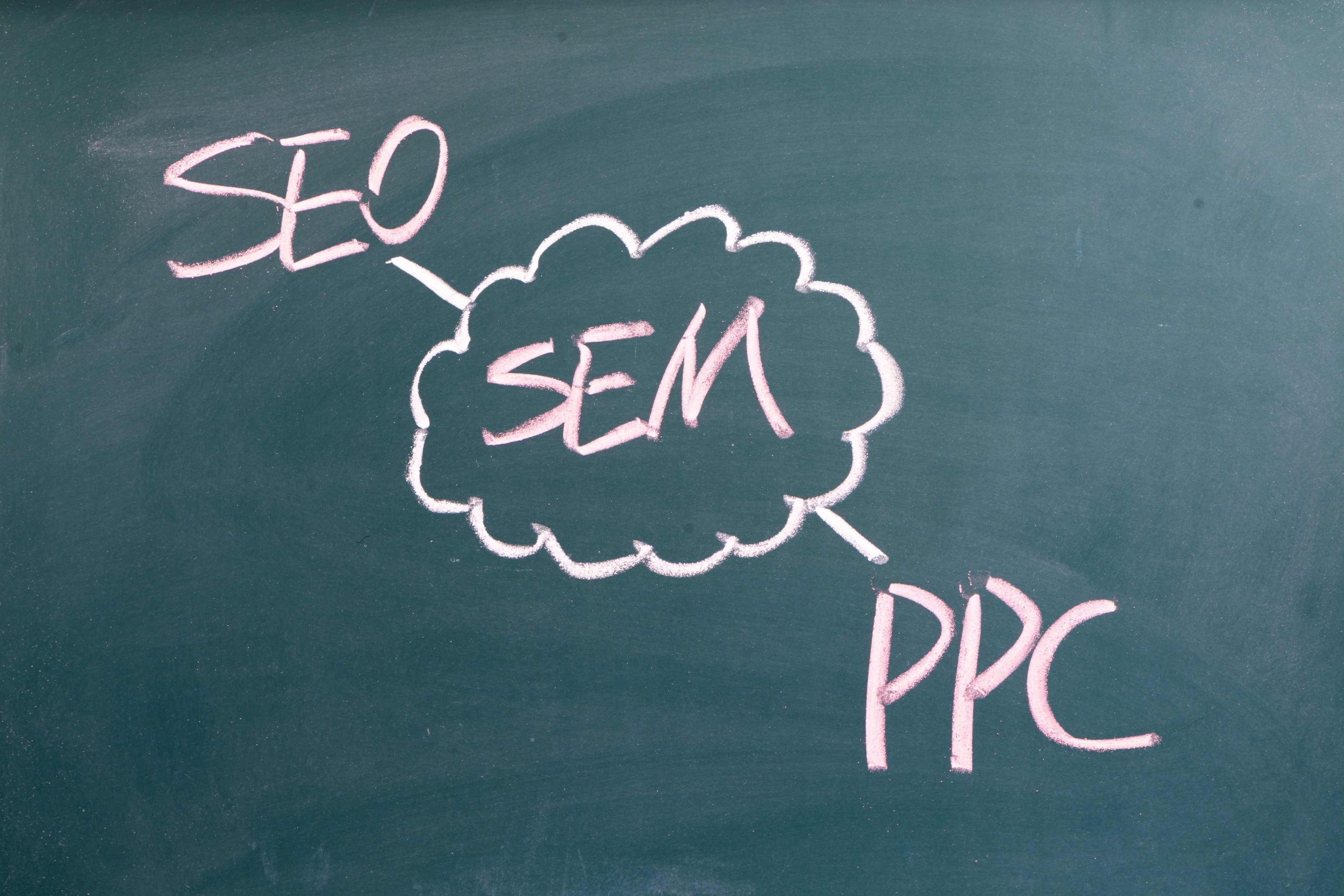
The question of SEO vs PPC, which is best, and when to use each tactic is a broad one, and one that cannot be addressed in full in a single post. The answer depends on what your objectives are and who your target audience is.
Personally, I’m a big fan of search engine optimization (SEO), as you might imagine. Organic search can often deliver better volumes and a much lower cost per lead in the long term. However, that doesn’t mean there aren’t scenarios where SEO packages would pay off.
It can be hard for smaller, newer businesses to get a foothold in the SERPS. For them, paid search offers branding returns and can generate some much-needed qualified leads. The challenge is targeting your PPC marketing correctly so that the money used is not wasted on clicks that don’t convert.
An effective digital marketing strategy is one that targets the right audiences and uses the right balance of paid search versus attempts at getting organic traffic so that you see the results you need based on your business’s unique situation.
Here, we’ll look at the pros and cons of SEO and PPC marketing, as well as explore which ones might be the best fit for a given business. We’ll also discuss how to integrate the two techniques for the best results.
SEO vs PPC Marketing
PPC is used to create paid ads that appear above the organic search results that a brand can influence through SEO. The traffic generated through SEO is ‘free’ while PPC costs money for each click. However, with PPC the marketer pays only for the clicks they receive. SEO is an ongoing effort that may not generate any results at all in the short term.
SEO: Boosts Organic Trafic
Organic traffic has its pros and cons. The good thing about organic traffic is that it:
Builds Awareness: When a brand has its name appearing in the search results for certain niche searches on a regular basis, this boosts awareness, even if the user doesn’t click on that search result.
Improves Branding: Many users have learned to trust organic search results. By appearing in branded searches on a regular basis, a brand becomes associated with that niche. It takes repeated exposure to a brand name for a consumer to start to associate that brand with a product or service. SEO can help generate that exposure.
Boosts Credibility: Many users are savvy enough to know that paid search traffic is ‘bought’ and will place more value on the results that appear towards the top of the organic SERPs. By investing in ranking well in the search results, brands increase their credibility and start to build trust among their prospective customer base.
Generate Website Traffic: SEO can be used to generate affordable website traffic from a variety of long-tail keywords, thereby attracting visitors who might look around the site or subscribe to a mailing list, and potentially convert into customers at a later date.
Low (or no) Cost Per Click: The SEO campaign costs time and money, but the cost for each individual click is zero. Once the up-front investment has been made, a successful campaign could generate long-lasting results.
Good Return on Investment (ROI): A well-thought-out SEO campaign can be expected to generate long-term traffic, and hopefully that traffic will convert into customers, giving good ROI.
Predictable Costs: SEO takes time, but the costs are predictable, making it a useful cornerstone to a long-term marketing campaign.
Build On Your Efforts: When a company stops paying for PPC marketing, the traffic stream dries up. SEO is a longer-lasting campaign. It is still important to reinvest in SEO, but traffic won’t simply stop because you stop paying.



